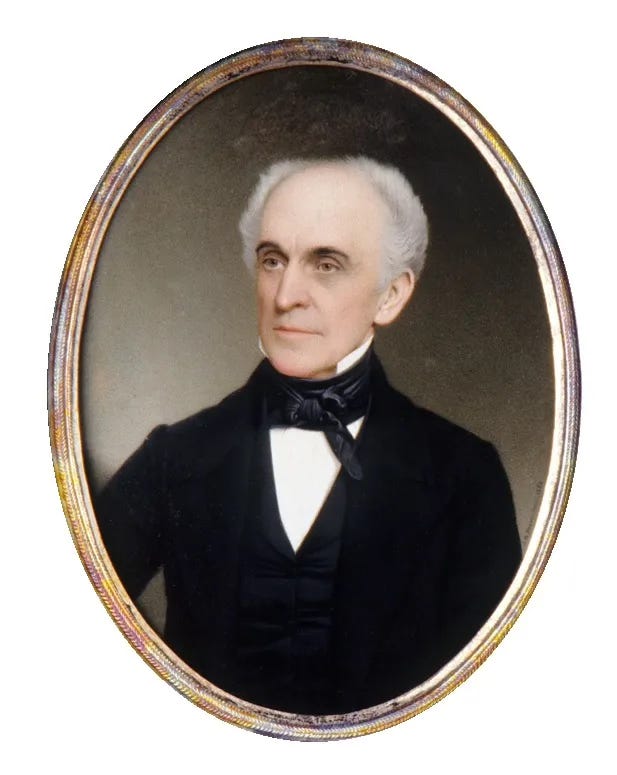Edward Coles: The hero we need this Independence Day
What a forgotten hero to American history can teach us about how to navigate our current divisions—and The Soul of Civility e-book on sale 80% off!
Gracious reader,
To my American readers, Happy Independence Day! This Fourth of July, I’d like to share a story about a forgotten figure from American history whose example holds valuable lessons for us today. His name is Edward Coles.

It’s no secret t…
Keep reading with a 7-day free trial
Subscribe to Civic Renaissance with Alexandra Hudson to keep reading this post and get 7 days of free access to the full post archives.



